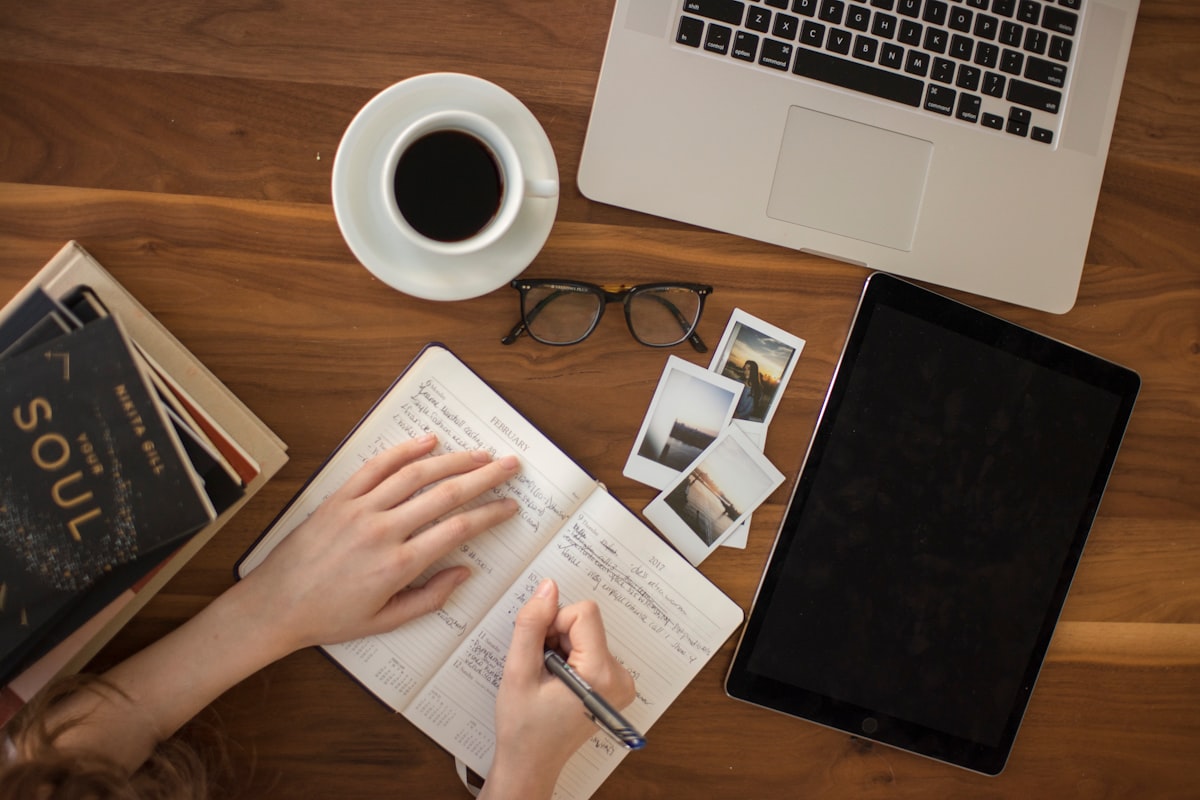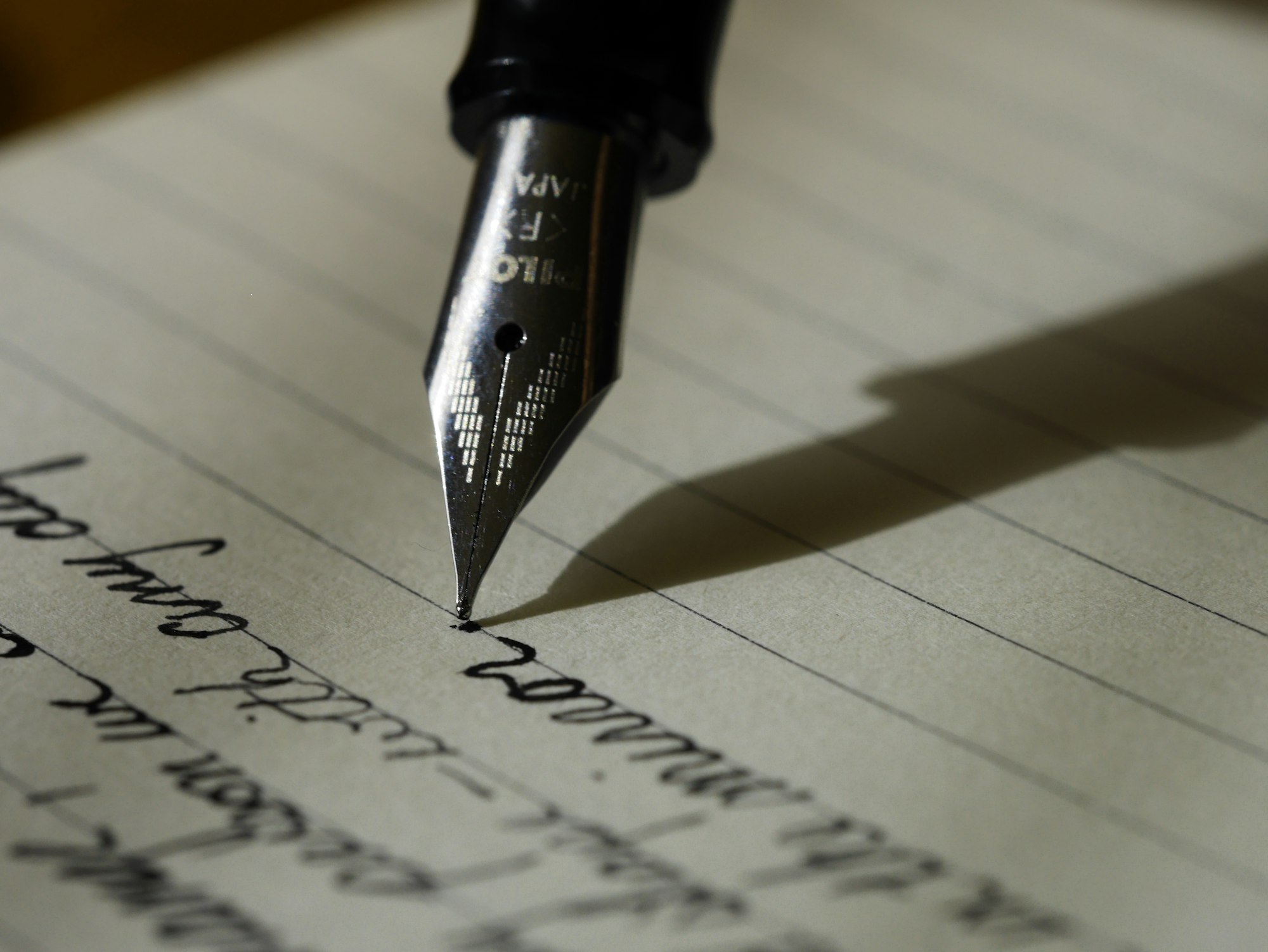Breakfast Notes #10 (Early Career Leverage, Public Writing, Negative Bias)

Good morning friends. I want to start today off with three links to make your weekend.
- The importance of journaling by Ryan Holiday. I have been journaling every day for the past 30 days, and I realised how much I think through writing.
- The SAS Iranian Embassy Siege. A breakdown of the elite execution of the SAS in a hostage situation. These dudes have nerves of steel.
- Apple’s Pricing Strategy. Apple sells $19 polishing cloth, and it’s still oversubscribed.
Early Career Advice From An Elite Civil Servant

This past Tuesday, I had the privilege to organise a fireside chat with the Chairman of Enterprise Singapore, Peter Ong. He previously served as the Head of Civil Service in 2010-2017 and was Permanent Secretary in various ministries covering portfolios ranging from trade to transport.
Needless to say, he has a storied career in Singapore’s public service.
In our dialogue, he shared a valuable piece of career advice for any young knowledge worker looking to leverage their early years for maximal returns.
Speaking to management associates who were on the onboarding program, he said,
As a Management Associate (MA), you are drinking from the firehose, and you will be absorbing more information than you think is necessary. As such, this is the golden opportunity to go into areas where you have little domain knowledge.
For example, If I were an MA now, I would not want to be posted to the China office. China is a 5000-year-old civilisation. As our biggest trade partner in ASEAN, no matter where I go in Enterprise Singapore, I will have to interact with Chinese companies or the government at some level. There will be plenty of opportunities to learn more about China in the future, so there is no reason to hurry now.
In other words, go against your instincts and choose somewhere uncomfortable and unintuitive.
The biggest benefit of such an approach is that it will help you know what you don’t know.
Most risks, disadvantages and problems arise from areas where we don’t know what we don’t know. You will accumulate knowledge of what you don’t know by venturing into unfamiliar territory (even for a short stint). This knowledge is valuable because, at the very same time, you will start seeking out people who will know what you don’t know.
The networks we built through these short stints crystallise into informal links to critical information that we might need in the future. The early investment in building knowledge networks will pay off disproportionately in preventing future blindspots.
In the same way, to any young university student or fledging intern, I would repeat his advice – go into areas of unfamiliarity and start building knowledge links!
Visualisation Of The Day

The first-ever drawing of the moon by Galileo Galilei after viewing it through his telescope in 1609 CE.
Imagine the joy and excitement he felt when he first saw the moon in its full glory. He must have scrambled for his pen and paper, looking to capture its beauty as best he could.

In less than 350 years later, humanity’s first-person, Neil Armstrong, landed on the moon.
Such is the joy of discovery!
Writing in Public

I have come to believe that the greatest superpower to acquire is the skill of writing.
Yesterday, I hit ‘Send’ on a 3000+ word summary of the fireside chat I organised for the participants. I realised that the 5-page summary will get more readership than today’s newsletter will. But more importantly, I believe its impact will be much more far-reaching.
In simpler terms, I realised that the low-status perception of note-taking is a complete myth.
I want to highlight three key benefits of note-taking.
- Shape the Narrative. As the note-taker, you can definitively stake your name on the work. You will become the subject-matter expert on the happenings of the meeting/dialogue, and you will be known as the organiser of key takeaways. Most importantly, you get to shape the key takeaways.
- Think clearly. Listening and reading are two different ways of processing words and ideas. By writing, you distil the essence of the speaker. Therefore, writing is a forcing function for clear thinking and communication.
- Contribute to institutional knowledge. You cannot unsend an email. Your notes will become a part of your organisation’s library of documents that your future self, colleagues and superiors can refer to for better decision making.
The only downside is that it will be time-consuming. However, investing three to four hours of your time to reap these non-exhaustive benefits is a worthy trade-off.
Negativity Bias And Public Policy

Do not expect Singapore to sprint out of the pandemic because it is more likely that Singapore will brisk-walk its way out.
The negativity bias is the notion that even when of equal intensity, things of a more negative nature have a greater impact on one's psychological state and attitude than neutral or positive things.
In other words, something very positive will generally have less of an impact on a person's behaviour and cognition than something equally emotional but negative.
The awareness of this bias is what fundamentally drives Singapore’s current re-opening COVID-19 approach.
In late 2020, the government liberalised its restrictions allowing up to eight people for social gatherings. As COVID-19 made a swift comeback and skyrocketed our infection levels again, the government decided to clamp down again.
I noted two interesting observations.
First, when comparing the change in sentiments on both occasions, people were visibly much more upset that they could only dine-in twos than they were happy when restrictions initially opened up. Dining in twos was akin to no dining-out for many Singaporeans, even though you could still have date nights.
Second, generous liberalisation of controls followed by stricter controls is worse than slow liberalisation. For example, despite both outcomes being equal, increasing social interactions two to eight then reducing them to five is worse than increasing social interactions from two to five. This illustrates the principle of loss aversion viscerally and explains why many in Germany, who virtually enjoyed a 2019-esque summer this year, have difficulty accepting a curb on social interactions now.
I hypothesise that because of our propensity to accord disproportionate weight to the negative news, the government is likely to treat Singapore’s re-opening as a one-way door. Once restrictions are relaxed, homes are opened, and shops get busy, they will avoid reversing policy direction at (almost) all costs.
Therefore, in the coming months, you can expect relaxations to come surely but slowly.
Once again, thanks for reading!
May the Sun Shine Upon Your Face,
Keith